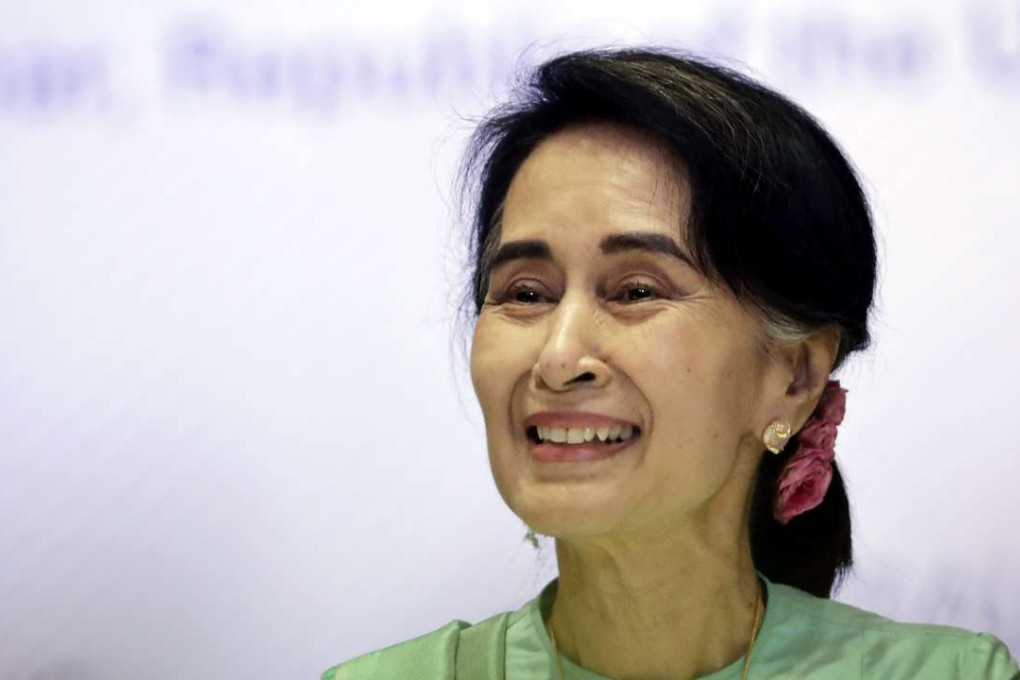Aung San Suu Kyi a let-down for persecuted Rohingyas
Nobel laureate was expected to help Myanmar’s oppressed ethnic minority when she was voted into power; instead she has turned her back on them

Nobel Peace Prize laureate Aung San Suu Kyi’s taking power in Myanmar should have made a difference for the country’s Rohingyas, considered by some the world’s most persecuted ethnic minority. The landslide win for her party in elections in 2015 that overturned decades of military rule ushered in hope for improved human rights. But there has been little change, particularly for the one million-strong Muslim group in northwestern Rakhine state. In place of peace and protection there has been a fresh crackdown that has led to accusations that soldiers have killed, raped and tortured.
More than a dozen fellow Nobel winners have criticised Suu Kyi for the crackdown, warning it could amount to “ethnic cleansing”; a rare rift has developed within the Association of South East Asian Nations, with Malaysian Prime Minister Najib Razak being particularly critical. Suu Kyi and her government have denied the claims, which cannot be independently verified because aid workers and journalists have been barred from the area. An investigation commission said in an interim report last week that no evidence of abuses by security forces had been found. But the findings coincided with the release of a video made by a border guard appearing to show Rohingya villagers being beaten and kicked.
Soldiers poured into areas neighbouring Bangladesh after attacks on three border posts on October 9 that left nine police dead. Rohingyas were blamed with hundreds rounded up and at least 86 killed in violence, while Dhaka claims 50,000 have fled into its territory. The United Nations has called on Suu Kyi to ensure Rohingyas are protected. But the government and military have accused foreigners of stoking discontent between Muslims and Myanmar’s majority Buddhist population.
The UN’s human rights agency has suggested Rohingyas may be victims of crimes against humanity. There is no disputing they have been denied citizenship, authorities contending they are refugees from Bangladesh, despite many having lived in Myanmar for generations. Their status means they do not have access to education and cannot own property, and most live in displacement camps with inadequate food and health care.
Suu Kyi’s government does not hold all of Myanmar’s levers of power, with the military firmly in control of internal affairs. But the Nobel laureate cannot turn her back on the principles for which she was awarded the prize. She is obligated to fight for the rights of all people in her country, the Rohingya among them.